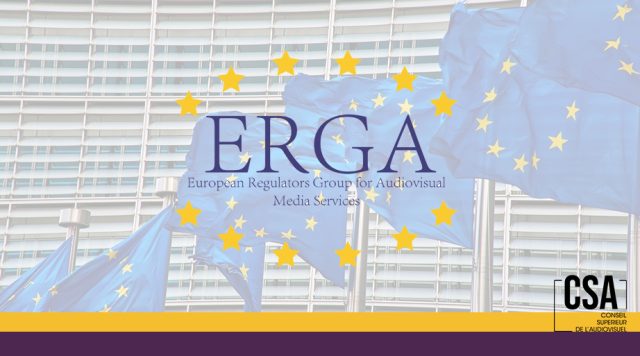
In 2010, the European Union decided to coordinate the regulation of audiovisual media services through a directive, therefore commonly abbreviated as AMSD and revised in 2018. Audiovisual media services only include either television broadcast or on-demand audiovisual media services, plus video-sharing platforms.
AMSD requires audiovisual media service providers to make easily available to its customers at least its contact details, the Member State having jurisdiction over it and the competent regulatory bodies. It is a pity that the directive merely allows for Member States to require media service providers to publicise information regarding ownership.
The directive allows Member States to take measures which foster audiovisual media services of general interest. Again, a more detailed approach would have been desirable here, if one thinks of history, art, culture, science as domains where audiovisual media services could do much good to their recipients.
AMSD forbids all forms of audiovisual commercial communications for tobacco, including electronic cigarettes and refill containers, but not on alcoholic beverages. Prohibition of tobacco advertising spans to tobacco sponsoring of programmes. Advertising of medicinal products under prescription in a Member State is also not permitted.
For on-demand media services, providers under the scope of the directive need to include at least 30% of European works. From a conservative approach, this requirement does not seem to make much sense. It should be the quality and the appeal of works that determine its inclusion in a service provider portfolio, rather than statute obligation. Fortunately, this provision does not apply to small providers.
For television broadcasting, events of major importance cannot be subject to exclusivity and must substantially be allowed to be covered for free. Events of high interest can be subject to exclusivity, but any broadcaster must have the possibility to provide short news reports about it. AMSD does not defines “high interest”, so this term is left either to co-regulation (which the directive fosters) or else to national and European jurisprudence. The directive does give three examples of major importance: the Olympics, the football World Cup and the European football championship. On the positive side, we know at least that these events cannot be considered of “high interest”; on the negative, we regret that all three examples pertain to the world of sport, as if there were no other typical events of major importance in society.
AMSD does provide four interpretative criteria for events to be considered “of major importance”: (i) they need to be outstanding, (ii) they need to have an interest to the general public, (iii) they need to be organised in advance by an event organiser, who (iv) sells the rights pertaining to those events. The monetary nature of this fourth criterium can also be criticised, as there could be an event of major importance to society whose rights are not subject to the market, for instance, the funeral of a great statesman.
For the production and distribution of European television programmes, AMSD requires at least a 50% threshold of transmission time. Moreover, European works recently created by independent producers must benefit from either 10 % of transmission time or 10 % of programming budget.
For the implementation of AMSD, a contact committee is established under the aegis of the Commission. The committee is composed of representatives of the competent authorities of the Member States. However, a European Regulators Group for Audiovisual Media Services (ERGA) is also created, composed of representatives of national regulatory authorities and/or bodies in the field of audiovisual media services. This multiplication of bureaucracy is to be lamented. Moreover, ERGA is tasked to provide technical expertise to the Commission; but should the super-structured Commission not have it, after all?
Source of image: CSA Belgium



 Subscribe
Subscribe